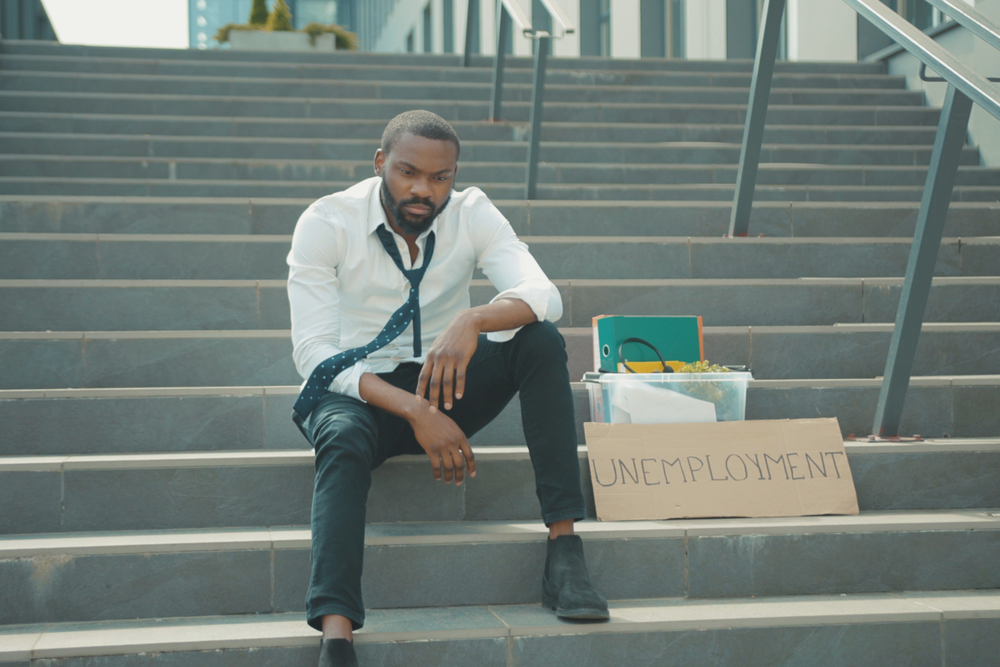Labor Day was supposed to be time for relaxation. However, that wasn’t the case for over 10 million people, as expanded unemployment benefits due to COVID-19 expired on that very same day. So, not only did many lose the extra $300 per week from the government, but long-term unemployed people and gig workers also lost their benefits.
If you’re one of those people, you’re probably wondering how you’ll replace that lost cash. And if you’re also affected by the end of the eviction moratorium, your worries may be even greater.
To get you out of this financial hole, here are some do’s and don’ts to remember:
Do: Fix your food situation.
We all need food to survive, which is why you should handle this issue first. Call 211 and ask for any local food pantries. They’re experts at emergency food assistance, so they should be able to help. And once you hang up the phone, click this link so you can apply for food stamps. Doing so will give you long-term food assistance.
Don’t: Try to pay all of your bills.
It may seem like “bad” advice, but if cash is short, you probably cannot pay every one of your bills. As such, some will have to be put on the back burner, such as some loans or credit card bills.
Instead of ignoring those bills, call up the creditors and tell them you intend to pay, but cannot right now. They may have forbearance programs that can offer some breathing room for your budget.
Do: Apply for rental assistance.
Your rent is probably your biggest monthly bill. And besides food, it’s the most essential bill too, as you need a roof over your head.
With the eviction moratorium over, you need to find ways to pay the rent. We’ll discuss some of those ways via work in a second, but first, give the Emergency Rental Assistance (ERA) program a look. If you qualify, it can pay any overdue rent, plus future payments, so you have that huge bill taken care of.
The benefits of the ERA program don’t stop at rent, though, as you can also get help with utility bills, Internet, and, if they apply to your situation, moving expenses like security deposits and application fees if you had to relocate.
This link will help you find your local program so you can apply.
Don’t: Assume all unemployment benefits are over.
Sure, the extra $300 per week expanded unemployment benefits are gone, but what about those from your state? Call your state unemployment office and see if you can still qualify for benefits. Just because the expanded federal benefits ended doesn’t mean you can’t get anything from the state.
Do: Look for ways to make income.
You have two primary ways to make quick, steady cash: First, you can get a bridge job that may not be your ideal employment, but can lead to quick hiring and some income. To achieve this goal, look for work in actively hiring industries, such as retail or food service. You may even get bonuses just for signing on.
Second, get a side hustle (or two). This can bring in extra cash without the commitment of a full-time job. You can find side hustles via companies like Uber, Lyft, DoorDash, Instacart, or sites like TaskRabbit.com and Care.com.




